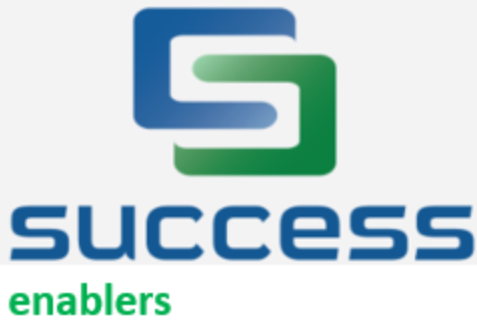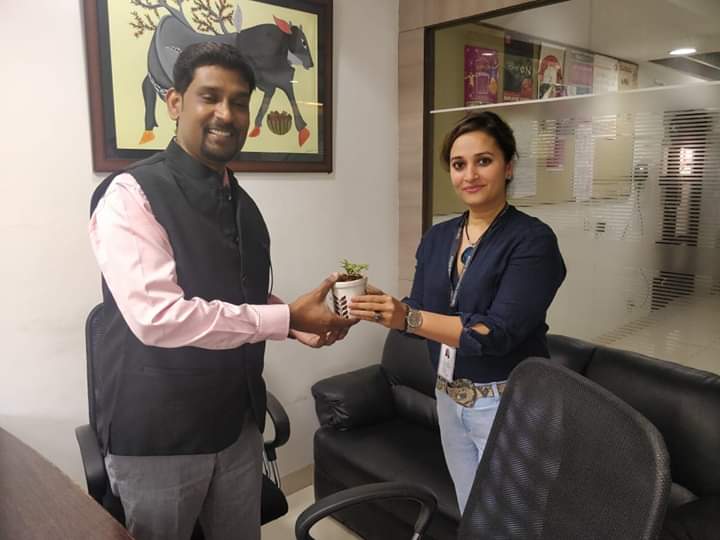Developing Talent has become THE priority for any organization. It impacts the bottom line and set’s the foundation to address future plans for the business.
Of the many activities that happen within the talent management framework, one aspect has gradually emerged as a Pain area. Meaningful Career Conversations. While HR leaders strive to create the best infrastructure possible to nurture talent, they are left clueless when they see attrition, performance roadblocks, integrity issues and lack of succession seeping into their system despite their best efforts.
 I spoke to more than 100 of my HR friends in the market. They play roles across the hierarchy and work in different sectors. I asked all of them the same question- What is your biggest challenge as a HR function. Some were able to get to the point directly and a few shared scenarios. What came out as a common diagnosis was the difficulty in managing career aspirations of people. I went back to them again and wanted to get to the root of this issue and a little more provocation led to the fact that meaningful career conversations were the need of the hour.
I spoke to more than 100 of my HR friends in the market. They play roles across the hierarchy and work in different sectors. I asked all of them the same question- What is your biggest challenge as a HR function. Some were able to get to the point directly and a few shared scenarios. What came out as a common diagnosis was the difficulty in managing career aspirations of people. I went back to them again and wanted to get to the root of this issue and a little more provocation led to the fact that meaningful career conversations were the need of the hour.
Career conversations are mostly done between a person and his manager. HR leaders are deploying various strategies to engage and equip leaders to have the right conversations. What is the key here? What different are leaders supposed to be doing?
The answer lies in firstly realizing the world we live in today. Volatility, Uncertainty, Complexity and Ambiguity. Being VUCA agile hence comes out as trait leaders must demonstrate more than anything else and very importantly while having career conversation. HR leaders must ensure this happens.
So how do we go about it?
 Of the various modalities involved in a meaningful career conversation, let us magnify one aspect. Are leaders asking the right Questions to their team members. Are the questions bringing out enough data points to help chart out a career-path? Are the questions intriguing enough to push a person out of his/her comfort zone and making them think differently? Are the questions serving as a trigger for self-introspection? The answer unfortunately is a thumping NO.
Of the various modalities involved in a meaningful career conversation, let us magnify one aspect. Are leaders asking the right Questions to their team members. Are the questions bringing out enough data points to help chart out a career-path? Are the questions intriguing enough to push a person out of his/her comfort zone and making them think differently? Are the questions serving as a trigger for self-introspection? The answer unfortunately is a thumping NO.
Let us identify a few fundamental but powerful questions leaders must be asking their team members:
1. Do you understand the objectives of the business? – this question is a make or break. Until people don’t relate to the objectives of a business, the leader cannot facilitate a career discussion. Your overall aim must be to help the person achieve a synergy between what he wants to do along with what the organization wants to achieve. To achieve synchronicity leaders must first get this right with their team members.
2. What is your innate strength? – People possess competencies and capabilities in varying degrees, but each person has one facet at which they are BEST at. This is where they unleash their full potential and come out as KEY contributors. As a leader keep asking this question regularly to your team members. Facilitate their thought process with some scenarios when you saw them at their best
3. What is your unique contribution to the business? With Questions 1 and 2 answered this will set the foundation to drive the synchronicity between what the person is best at and how it can help the organization. Bring out your business acumen as a leader and show him the bigger picture. Give him an understanding of how the business looks at him and what big changes are going to happen. This will help the person go back and introspect on question no 2. As a leader you are his eyes to the organization. Let him have maximum clarity of the ‘environment’ he is in.
4. What kind of roles do you aspire to play? If you have been successful in getting a legitimate answer to question 3, there are very high chances of the person letting you know what roles he could be more useful in.
5. How can I help you propel your aspiration? Be clear, you can only be a catalyst for someone’s aspiration, you cant wear it for them. Instead of being prescriptive, ask the person to voice out his expectations from you as his line manager. Use this platform to arrive at an agreement on what you will do and what you expect from him in return. This will also double up as an opportunity to coach the person
6. Repeat all the above until both of you are 100% convinced on the career path. Remember you are a key player in facilitating his career path.
Coming back to our VUCA agility, leaders must use these communication methods to help wade through the vagaries of business. The 5 questions I have shared here will stay relevant irrespective of the changes happening. They are all encompassing, universal and relevant.
Lead by Asking, Ask to Develop!

